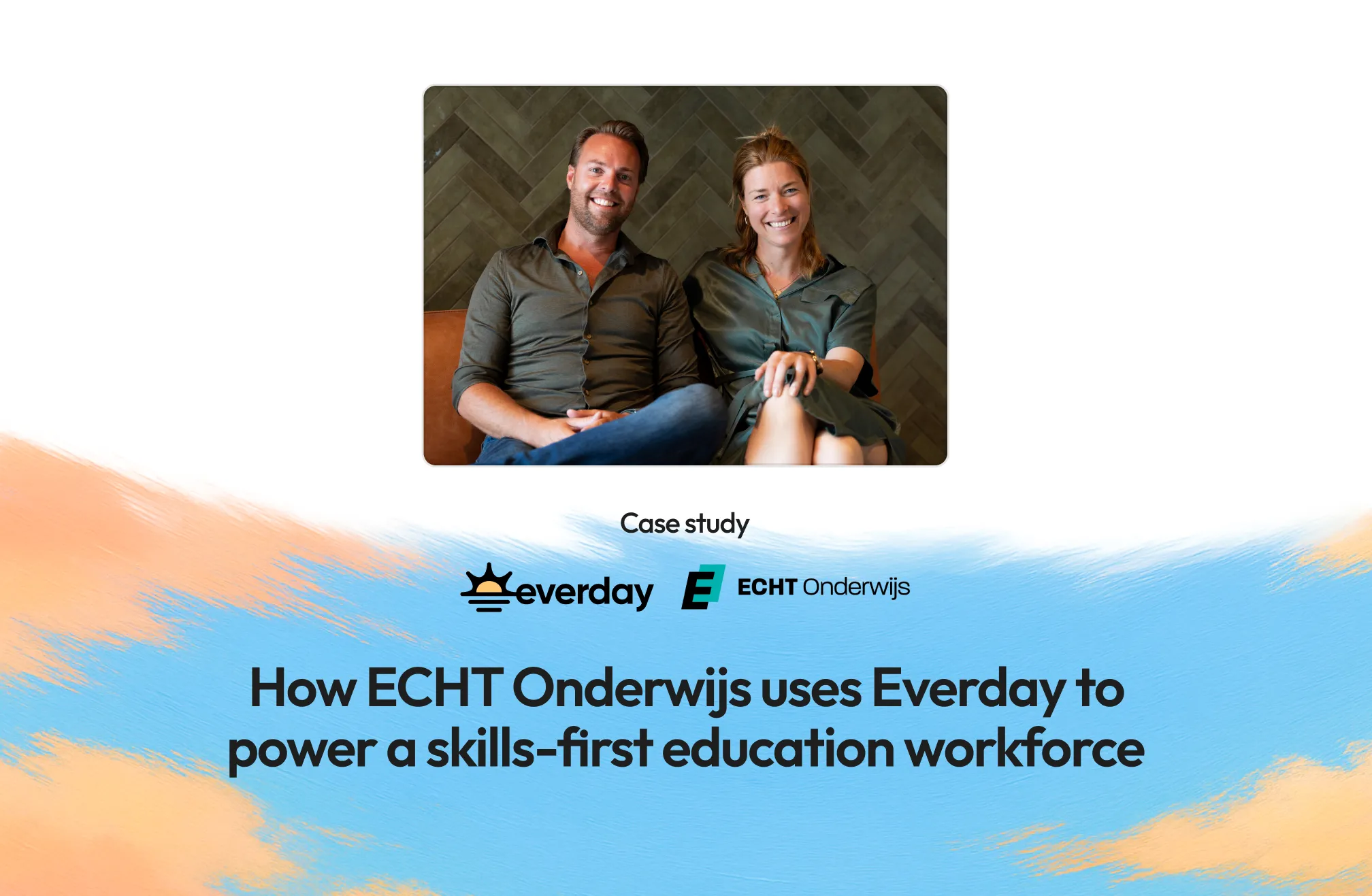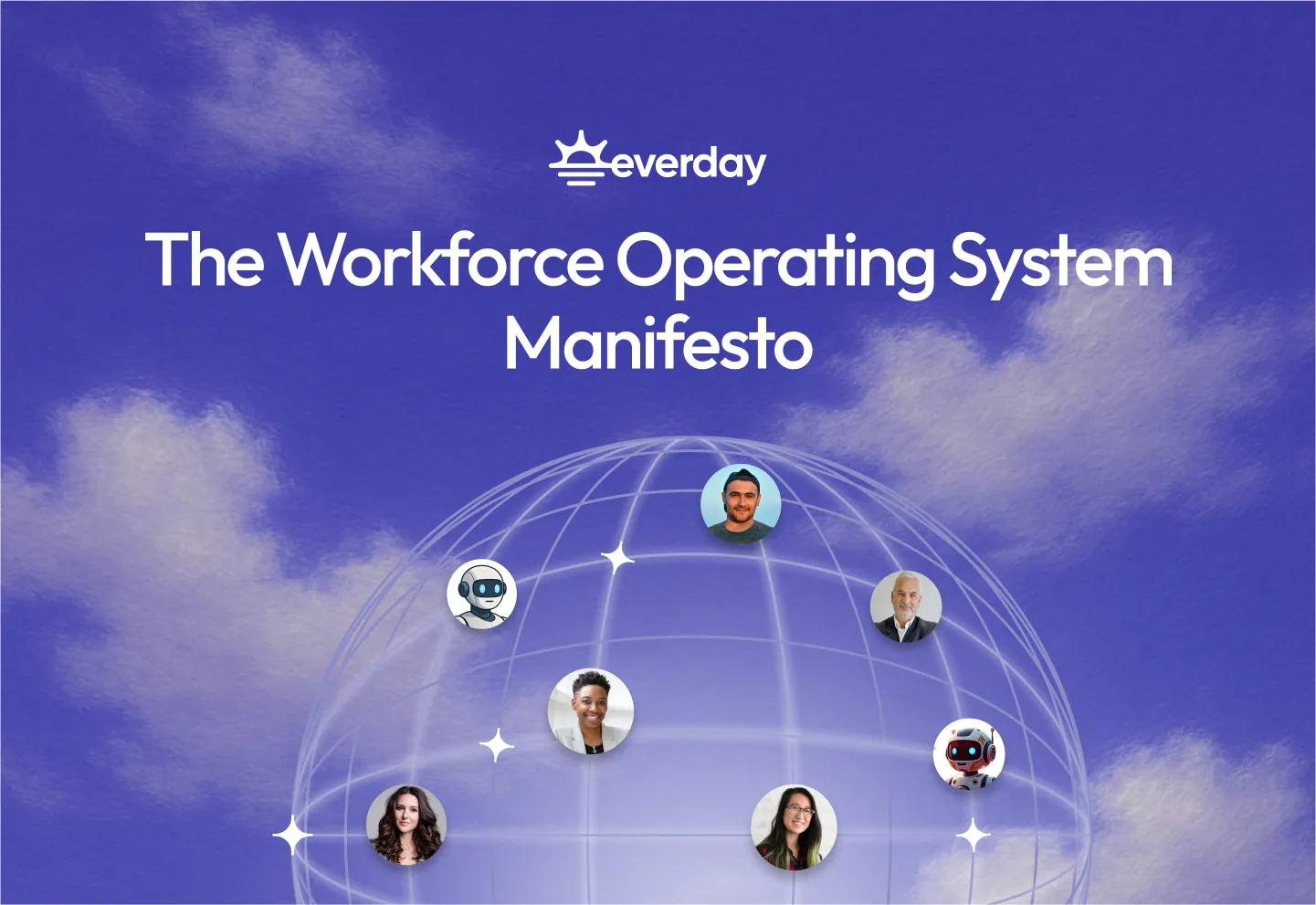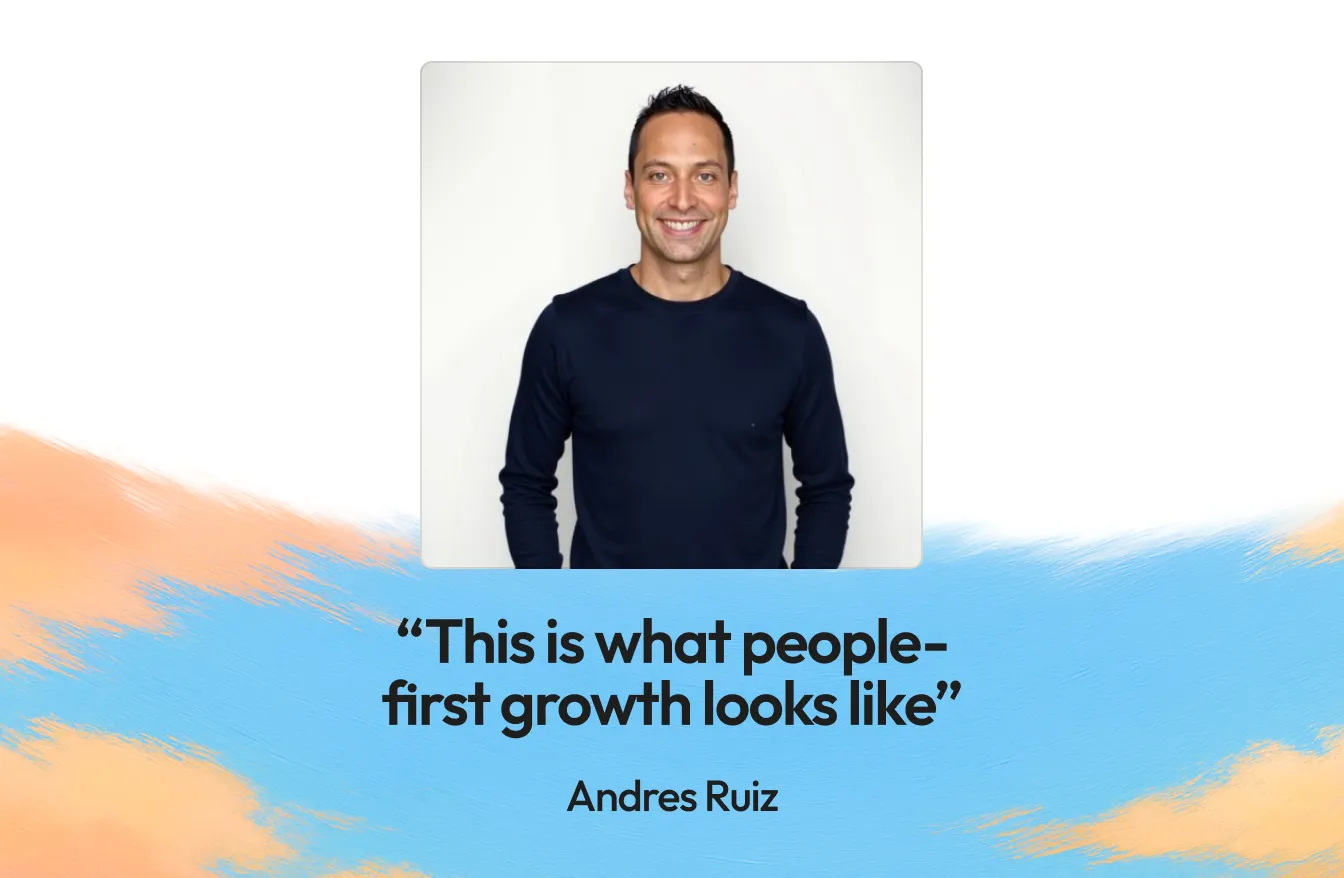Why skills-based is the way to go
First things first – why should you care about becoming a skills-based organization? Well, in today's rapidly changing business landscape, adaptability is key. A skills-based approach allows your organization to:
- Respond Quickly to Market Changes: By focusing on skills rather than rigid job roles, your organization can pivot more swiftly in response to market demands. This agility is crucial in staying competitive.
- Tap into Hidden Talents: Employees often possess skills that go unnoticed in traditional job descriptions. A skills-based approach helps uncover and utilize these hidden talents, maximizing your workforce's potential.
- Improve Employee Engagement and Retention: When employees see clear pathways for skill development and career progression, they are more likely to stay engaged and loyal to the organization.
- Enhance Overall Organizational Agility: A workforce that is constantly developing new skills is better equipped to handle unforeseen challenges, making the organization more resilient.
Setting the vision
As a leader, your first job is to paint a compelling picture of what a skills-based organization looks like. Get your team excited about the possibilities! Share your vision of a workplace where:
- Skills, Not Job Titles, Drive Success: Emphasize that success in your organization is determined by the skills employees bring to the table, not just their job titles. This encourages a more dynamic and flexible work environment.
- Continuous Learning is the Norm: Foster an environment where learning is an ongoing process. Highlight the importance of staying current with industry trends and continuously acquiring new skills.
- Employees Have Clear Pathways for Growth: Ensure that every employee understands how they can progress within the organization. Provide clear, actionable steps for skill development and career advancement.
- Innovation Thrives Because People are Working to Their Strengths: When employees are encouraged to develop and utilize their unique skills, innovation flourishes. This leads to creative solutions and a competitive edge in the market.
Leading by example
Remember, actions speak louder than words. Show your commitment to the skills-based approach by:
- Actively Participating in Skill Development Programs: Take part in training sessions and skill development initiatives. Your involvement will demonstrate your commitment to continuous learning.
- Sharing Your Own Learning Journey: Be transparent about your own efforts to acquire new skills. Share your experiences and challenges, and encourage others to do the same.
- Celebrating Skill Acquisition as Much as Traditional Achievements: Recognize and reward employees for developing new skills. Celebrate these achievements publicly to reinforce the value of continuous learning.
Empowering your people
A skills-based organization thrives on empowered employees. Your role is to:
- Encourage Self-Assessment and Self-Directed Learning: Provide tools and resources for employees to assess their own skills and identify areas for improvement. Encourage them to take charge of their own learning journey.
- Provide Resources and Tools for Skill Development: Invest in learning management systems, online courses, and other resources that facilitate skill development. Ensure that these tools are easily accessible to all employees.
- Create Opportunities for Employees to Apply New Skills: Give employees the chance to use their newly acquired skills in real-world projects. This not only reinforces their learning but also demonstrates the practical value of their skills.
Fostering a learning culture
Culture eats strategy for breakfast, as they say. Foster a culture that values continuous learning by:
- Incorporating Learning into Everyday Work: Make learning a natural part of the workday. Encourage employees to set aside time for skill development and provide opportunities for on-the-job learning.
- Recognizing and Rewarding Skill Development: Publicly acknowledge employees who have developed new skills. Offer incentives such as promotions, bonuses, or other rewards to motivate continuous learning.
- Encouraging Knowledge Sharing Across Teams: Create platforms and opportunities for employees to share their knowledge and skills with colleagues. This can be through workshops, mentoring programs, or collaborative projects.
Leveraging technology
In today's digital age, technology is your best friend in building a skills-based organization. Consider:
- Implementing AI-Driven Skill Mapping Tools: Use AI to analyze employee skills and identify gaps. These tools can provide personalized recommendations for skill development, making the process more efficient and effective.
- Using Learning Management Systems to Track Progress: Invest in a robust learning management system (LMS) that allows you to track employee progress, manage training programs, and measure the impact of skill development initiatives.
- Leveraging Data Analytics to Identify Skill Gaps and Opportunities: Use data analytics to gain insights into your workforce's skill sets. This information can help you make informed decisions about training programs and talent management strategies.
Aligning skills with strategy
As a leader, you need to ensure that the skills being developed align with your organization's strategic goals. This means:
- Regularly Reviewing and Updating Your Skills Inventory: Keep an up-to-date record of the skills within your organization. Regularly review this inventory to ensure it aligns with your strategic objectives.
- Forecasting Future Skill Needs Based on Market Trends: Stay informed about industry trends and anticipate the skills that will be in demand. Use this information to guide your skill development initiatives.
- Aligning Skill Development Initiatives with Business Objectives: Ensure that your training programs and development initiatives support your organization's strategic goals. This alignment will maximize the impact of your skill development efforts.
Overcoming challenges
Let's face it – change isn't always easy. You might face resistance or skepticism. Your job is to:
- Address Concerns Openly and Honestly: Be transparent about the reasons for the shift to a skills-based approach. Address any concerns or misconceptions head-on to build trust and buy-in.
- Highlight Early Wins and Success Stories: Share examples of how the skills-based approach has benefited the organization. Highlighting early successes can help build momentum and encourage others to get on board.
- Provide Support and Resources to Ease the Transition: Offer training and resources to help employees adapt to the new approach. Provide ongoing support to ensure a smooth transition.
Measuring success
How do you know if your efforts are paying off? Keep an eye on metrics like:
- Employee Engagement and Satisfaction Scores: Regularly survey your employees to gauge their engagement and satisfaction levels. High scores in these areas indicate that your skills-based approach is having a positive impact.
- Internal Mobility Rates: Track the movement of employees within the organization. High internal mobility rates suggest that employees are successfully developing new skills and advancing their careers.
- Time-to-Productivity for New Projects or Roles: Measure how quickly employees can become productive in new roles or projects. A decrease in time-to-productivity indicates that your skill development initiatives are effective.
- Overall Organizational Performance: Monitor key performance indicators (KPIs) to assess the overall impact of your skills-based approach on the organization's performance.
The future is skills-based
By embracing a skills-based approach, you're not just preparing your organization for the future – you're shaping it. You're creating a dynamic, adaptable workforce that's ready to tackle whatever challenges come your way.
So, are you ready to lead the charge?Remember, the journey to becoming a skills-based organization starts with you. Your enthusiasm, commitment, and vision will set the tone for the entire organization.
Let's build a future where skills reign supreme, learning never stops, and your organization is always one step ahead of the game!
Everday empowers your organization with skill insights
Empower your organization by aligning current skills with future needs. Everday provides dynamic visualisation and strategic alignment to keep you ahead.
14 day free trial, no credit card needed

Get your entire company's skill matrix
Everday's AI-powered skills mapping builds your company's skills matrix faster, and with greater accuracy than creating it manually with the traditional spreadsheets.

14 day free trial, no credit card needed








